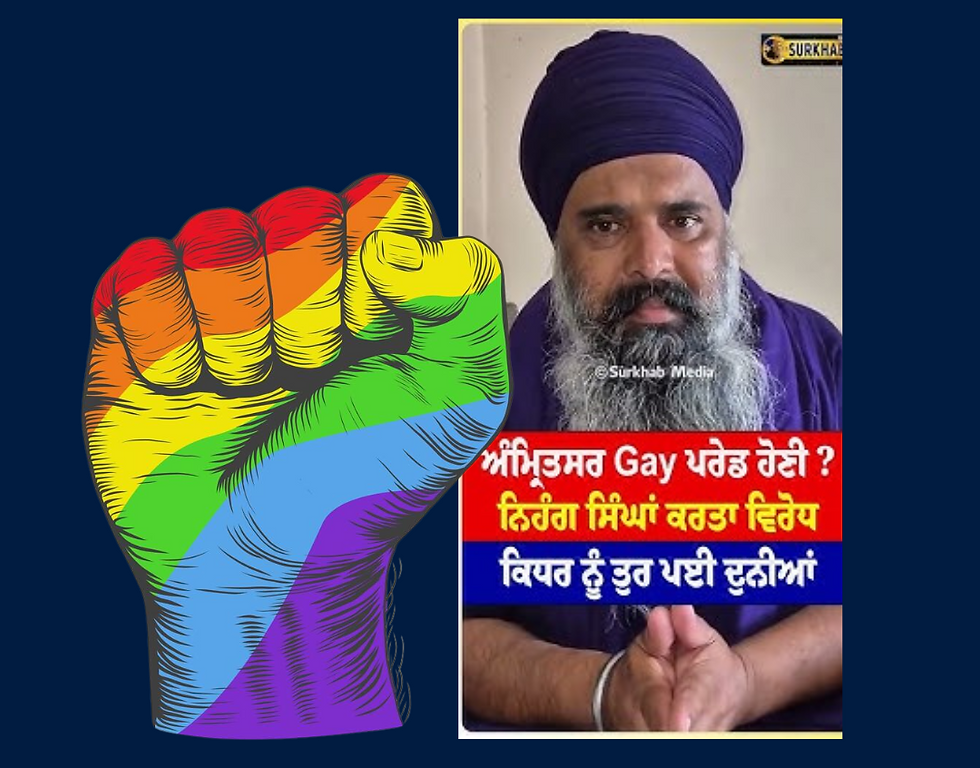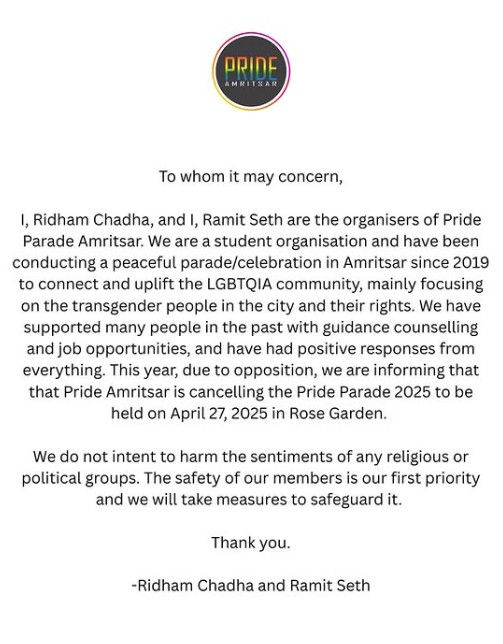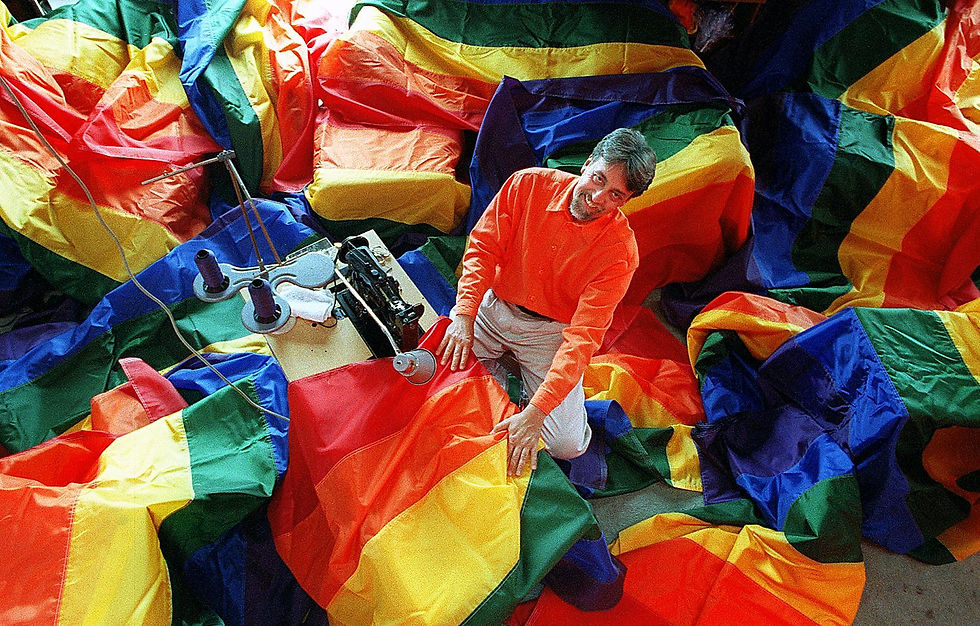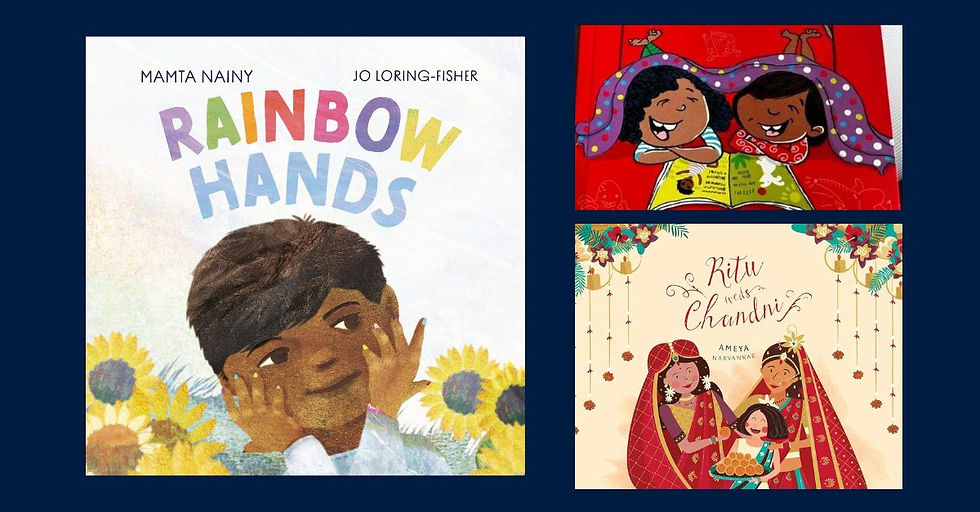Pride Was Cancelled in Amritsar—But Queer People Are Still Here
- Sonal Giani
- Apr 9, 2025
- 3 min read
Something unsettling is unfolding in Punjab—and we cannot meet it with silence.

Just days ago, the organizers of Punjab Pride were forced to cancel the upcoming parade in Amritsar, scheduled for April 27th at Rose Garden. This wasn’t a radical first. Pride events have taken place across Punjab—including Amritsar—in recent years, offering rare but essential moments of visibility, safety, and celebration for queer and trans people.
Until now, these events had taken place peacefully. But this year brought something different: visible and vocal opposition. In a video message, Nihang leader Paramjit Singh Akali warned, “If the administration doesn’t stop the pride parade, then the Panth will stop it in its own way.” While his words do not reflect all Nihangs or the broader Sikh community, the threat was loud, direct, and effective.
The organizers, community leaders Ridham Chadha and Ramit Seth, cancelled the parade to protect participants. But the pressure to do so didn’t come from within the queer community. It came from those who saw queer visibility itself as disruptive. The fear that drove this cancellation wasn’t ours—it was projected onto us.
This wasn’t about logistics. It was about pressure.
As someone who works with queer communities, I know how much it takes to create space like Pride—especially in regions where simply being seen can carry risks. The cancellation in Amritsar isn’t just about a single event. It signals something more worrying: a growing readiness to withdraw public space when difference makes people uncomfortable.
Amritsar is a religious city. That is something to be acknowledged with care. But Punjab is not a space that belongs to one community or way of life. Queer and trans Punjabis are part of this land too. Many of us have lived through invisibility, rejection, and risk. For us, Pride is not a spectacle—it’s survival. It’s one of the few days in a year when we can exist fully, safely, and publicly.
Some might say that queer presence disrupts tradition. But who decides what tradition looks like, and who it excludes? Sikhism—like many traditions—has always been interpreted in multiple ways. The teachings of Guru Nanak speak to justice, equality, and challenging systems that marginalize. There is space here for dialogue and compassion. But not for threats. Not for exclusion disguised as spiritual protection.
We must also remember what makes Pride so necessary in the first place. In Punjab, queer people still face violence, rejection, and silence. Many live double lives. Some live in fear. Pride is not a luxury. It’s a lifeline.
This cancellation shouldn’t be brushed off as a safety measure. It must be recognized for what it is: a moment where pressure overruled presence, and a threat succeeded in limiting who could take up space.
As a community activist, I can’t quietly accept that. I call on institutions, leaders, and allies—religious and secular alike—to respond. Not eventually. Now. Because this is not just about one cancelled parade. It’s about the right to exist without shame, without hiding, and without fear. Queer people haven’t gone anywhere. We’ve always been here. And our right to be visible, to be safe, and to belong, should never be up for debate.
This is not simply a cultural disagreement. It’s about how fear is weaponized to erase people. It’s about how easily visibility can be withdrawn. And it’s about whether we are willing to challenge that—not just in principle, but in practice.
We may not all agree on everything. But we must ask ourselves: what kind of public life are we building? One where everyone has a place—or one where difference is quietly removed?
Coexistence is not passive—it demands the refusal to let fear decide who stays visible. So yes, let’s talk about tradition. Let’s talk about faith. But let’s also talk about power—about who has the authority to shape public life, and how that power is used.
Because the future we deserve is one where no one has to disappear to feel safe.




Comments